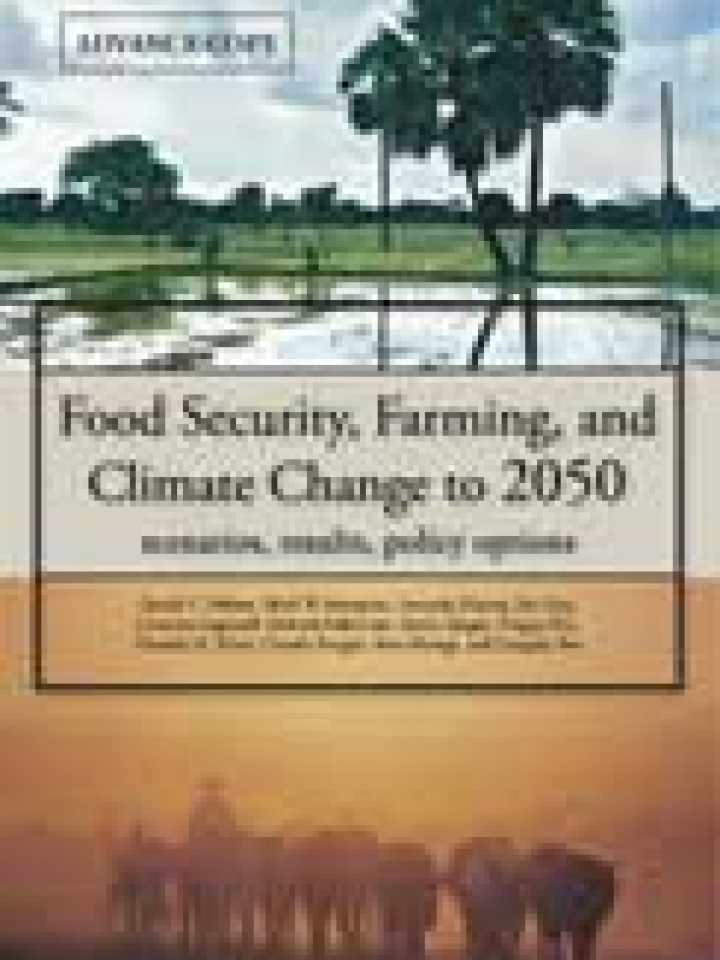Food security, farming, and climate change to 2050: scenarios, results, policy options
This study assesses how serious the dangers to food security of growing global population, rising incomes in poor countries and climate change may be and suggests some steps policy-makers can take to remedy the situation. It takes into account the effects of climate change (higher temperatures, shifting seasons, more frequent and extreme weather events, flooding and drought) on food production and uses the examples of the 2010 floods in Pakistan and excessive heat and drought in Russia that resulted in wild fires to assess the troubled future of global food security.
The study takes advantage of, and expands on, IFPRI’s cutting-edge climate modelling expertise to address the climate change threat in the context of larger food security challenges. It provides the most comprehensive analysis to date on the scope of climate change as it relates to food security, including who will be most affected and what policy-makers can do to facilitate adaptation. Building on previous research by IFPRI and other international organizations, it examines a wider range of plausible economic, demographic, and climatic futures than has previously been analysed. Using comprehensive empirical analysis, it suggests that policy-makers should take into account (1) the value of broad-based sustainable development, (2) the power of investments to enhance agricultural productivity, (3) the importance of an open world trade system, and (4) the need for early action on both adaptation and mitigation.
Explore further
